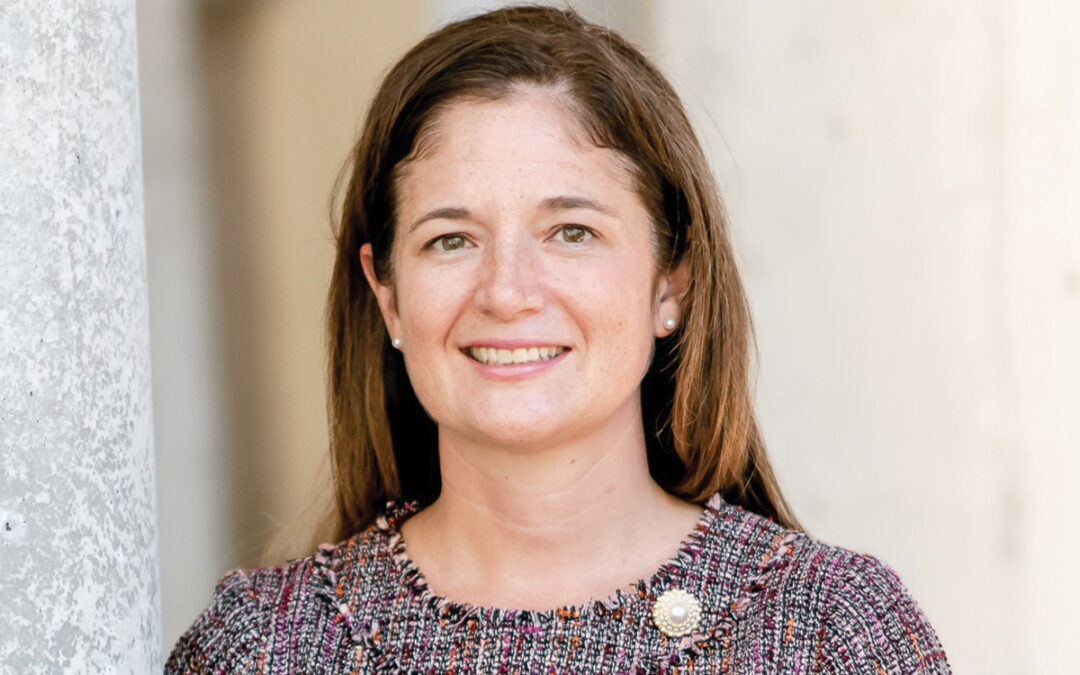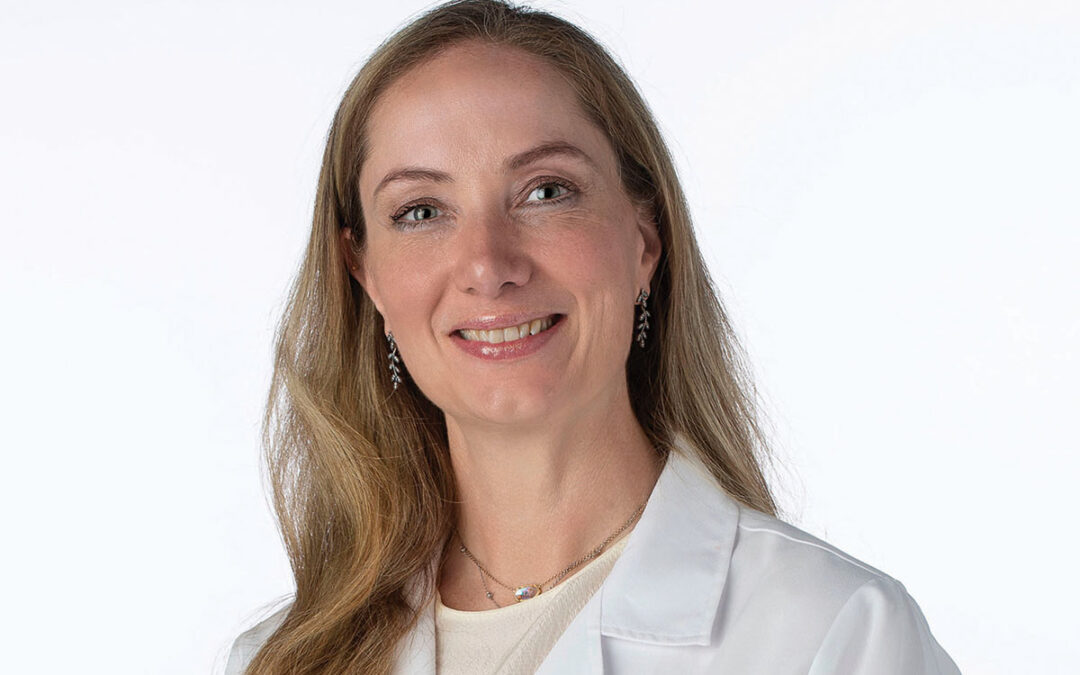The range of vitamins and supplements runs from A to Z and then some, but knowing what you need isn’t as simple as knowing the alphabet. Keeping up with latest information on which vitamin or supplement should be a part of your health care regimen is as daunting as trying to make sure that you’re eating a balanced diet, especially when your schedule may mean you don’t have time to dig into a salad, let alone read up on vitamins.
That daily, or not-so-daily salad, as well as the rest of your diet, plays a role in determining which vitamins and supplements you need. “We all think we eat well, but in reality, we probably don’t get enough regular vitamins to make sure our bodies function at their best,” explains Dr. Cheryl Mueller with Huebner Family Medicine and a Fellow of the American Academy of Family Physicians. “A basic multivitamin is a good start to keep you healthy and keep your body functioning well.”
That’s even more important if you follow a vegan diet or have dietary allergies, like lactose intolerance, that limit you from eating a full range of foods. “Bottom line, there’s only so much cheese, yogurt and milk we can eat daily,” explains Dr. Kristin Brozena Shah, Fellow of the American College of Obstetricians and Gynecologists, with San Antonio’s Women Partners in OB/GYN. “Or leafy greens. We just can’t get everything we need in our diets.”
To find a good multivitamin, Dr. Mueller suggests one that meets the daily Recommended Dietary Allowance (RDA), the average daily level of intake sufficient to meet the nutrient requirements of nearly all healthy people. However, even the best multivitamins do not contain the full RDA for some essentials, like vitamin D. Most people need 1,000 to 5,000 IU (international units) of vitamin D daily.
“We also get Vitamin D from the sun, but most of us aren’t outside enough, especially without sunscreen, to get what we need. I always suggest that patients have their vitamin D level checked. Most of us are deficient without supplementation,” explains Dr. Mueller. That deficiency can lead to fatigue and contribute to depression. It also plays a role in calcium absorption, an issue that can lead to osteoporosis, which is why you often see calcium and vitamin D paired together in one supplement.
“Calcium and vitamin D work to support bone health by making the bone strong and preventing bone reabsorption,” explains Dr. Brozena Shaw. “Osteoporosis risk is more common in post-menopausal women and also in women with other lifestyle risks, like smoking.”
In addition to vitamin D, Dr. Mueller also recommends fish oil containing Omega-3 and daily probiotics, as well as making sure that your daily multivitamin contains the recommended dosage of the B complex vitamins, but notes that it’s important not to go overboard. “Taking too many vitamins and supplements is not going to help. What you don’t need, your body gets rid of.”
But in some cases, like iron, too much of a good thing is actually bad. Many women, especially younger women, are iron deficient. Iron is an important component of red blood cells, responsible for carrying oxygen to the cells and tissues of the body, but too much iron can cause problems for post-menopausal women.
“It’s why you see ‘senior vitamins’ on the market:; as we age, our bodies need different levels of things like iron, and senior vitamins better meet those needs,” explains Dr. Mueller.
Women of child-bearing age also need to consider taking prenatal vitamins versus a regular multivitamin. “Folic acid supplementation is important to help reduce risk of neural tube defects/spina bifida. A daily prenatal vitamin has a more than adequate amount (need at least 400 much daily),” explains Dr. Brozena Shah.
Before you start taking vitamins and supplements, you should talk to your physician. “Have a conversation with your physician before just taking something over the counter. Incorporate your physician in selecting the appropriate vitamin/supplement, especially if you have other medical conditions, to make sure that what you’re taking addresses your specific needs,” explains Dr. Brozena Shah. “Not all vitamins are created equal, and the contents need to be carefully examined prior to taking.”
By Dawn Robinette










0 Comments